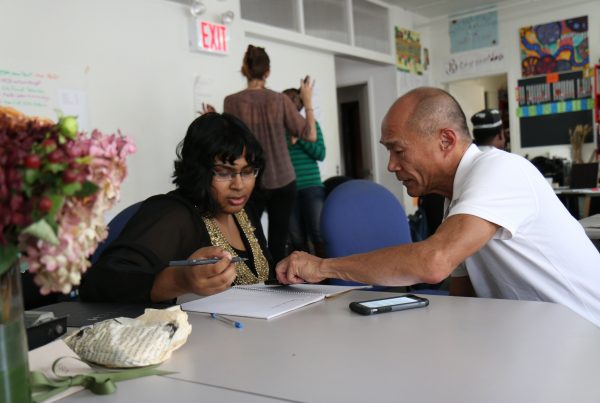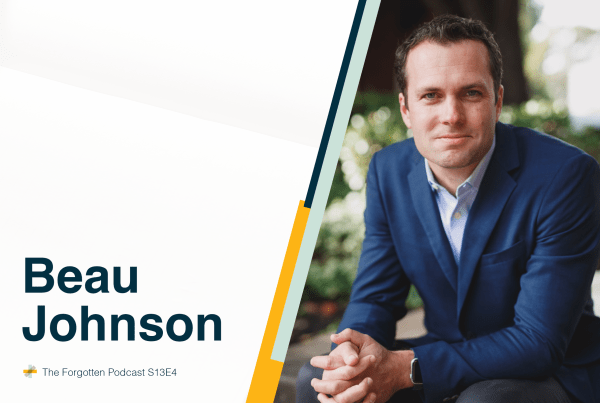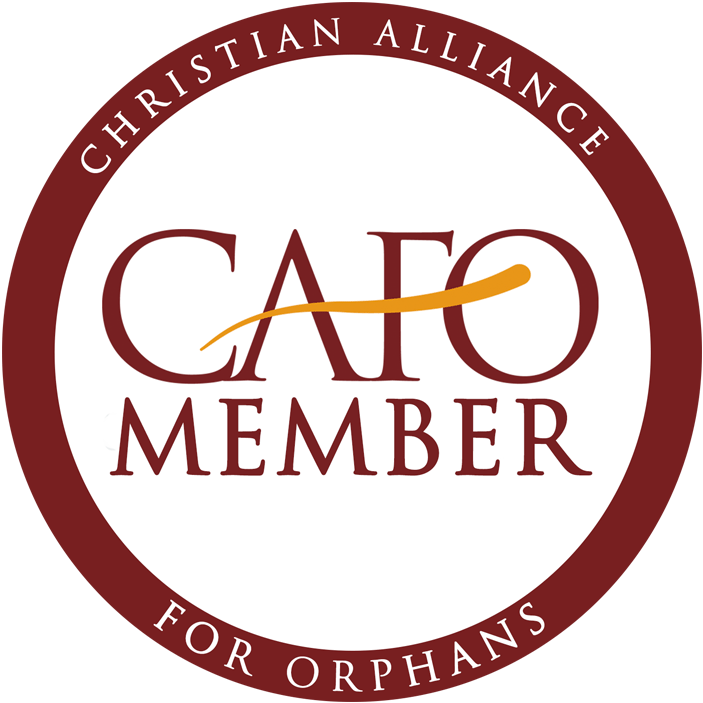
Did you know that May is National Foster Care Awareness Month? To help raise awareness of this community that we love so dearly, things are looking a little different this month on the podcast. Every week this month, we are highlighting stories from each perspective of the foster care community—agency workers, foster parents, vulnerable adults, and children—because every member of the foster care community matters and has a story to tell.
In this episode, I am joined by Tiffany Shaw. Tiffany is a biological parent whose three children entered foster care after she was reported to the Department of Children and Family Services as a result of drug addiction. Today, she graciously shares with us the difficult circumstances that led to her relapse and homelessness, as well as the significant relationship that led to her recovery from drugs and reunification with her children. Tiffany’s story is full of redemption, and I am so grateful for her willingness to join me for this conversation.
TAKEAWAYS FROM TODAY’S CONVERSATION:
1. It is difficult to get out of the circumstances that contribute to losing your children.
Many vulnerable adults in the foster care community have a history of addiction, abuse, or abandonment. They may be trapped in a bad cycle with no clear path to get out of it, and it can feel hopeless or like there is no other option. Tiffany shared openly about how she had never learned coping skills, and this limited her ability to choose another option to navigate the emotions and reality of her situation, and address the implications for her children.
“It’s easy to be numb. It’s very easy to be numb. It’s very hard to have to sit and feel awful feelings that no one wants to feel.”
2. It is meaningful for foster parents to care for a biological family by prioritizing the children in their care.
The role of foster parents is to care for the children placed in their home, as part of the overall team pursuing reunification together. Even though Tiffany found a support system through Joel, the foster parent caring for her children, she emphasized the importance of the children being his primary concern. As a foster parent, a core way you can support a family and encourage reunification is to ensure they know that their kids are safe and supported right now.
“He went from being this stranger who took my kids to one of my biggest support systems.”
3. Support and encouragement can make the biggest impact.
For someone that is going through the hard work of healing and recovery, having someone in their corner that doesn’t heap on additional guilt or shame can make all the difference in the world! Rather than feeling trapped in their circumstances, receiving encouragement and affirmation to keep going is incredibly valuable. If you are a biological parent of children in foster care, know that we are rooting for you and are cheering you on! If you are a foster parent, look for ways that you can encourage biological parents and let them know that you believe in them.
“We weren’t feeling shut out. We weren’t feeling judged. We weren’t feeling like failures. They continued to cheer us on from the sidelines.”

Meet Our Guest
Tiffany Shaw struggled with addiction from the young age of 15. As a result of a relapse, the Department of Children and Family Services removed her children. Tiffany and her husband, Brent, went through a season of homelessness and relapse. But through a relationship with their children’s foster dad, Tiffany and Brent were able to put their family back together and have been clean for over five years now.
Get encouragement and updates in your inbox.
Be the first to know about new episodes, posts, resources, and stay in the loop about what’s coming up.
Other Episodes You Might Enjoy:










